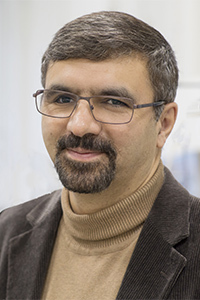Biogas production from palm oil residuals using textile reactor
Start date: 2013-05-06
End date: 2013-12-31
The current practice to treat this waste is to landfill or compost it. It means the material is converted to CO2 and its energy content is wasted. The ultimate goal of the project is to establish a demonstration unit for cheap management of agricultural waste and biogas production. A successful project and later full-scale implementation would help in promoting sustainable growth, and provide a solution to an environmental issue. The production of cheap renewable energy and improved local environment would also provide better living conditions for the local populace. The public opinion in Indonesia could also be influenced by the project by showing that waste can be a resource, which could have much broader effects to the society at large.
The project aims to install a cheap demo-plant for biogas production from palm oil residuals, a major agricultural residual in Indonesia. The demo-plant will be constructed from textile produced by FOV Fabrics in Borås, Sweden, instead of concrete or stainless steel as customary, which will significantly reduce the investment cost. The biogas production will decrease the pollution caused by the palm oil residuals and provide cheap renewable energy.
The project is carried out by the University of Borås, Sweden, contributing with research skills and Universitas Gadjah Mada, Indonesia, providing local knowledge and expertise, including biogas production from agricultural residues.
The project is localized in a rural area in Indonesia.
Project Leader
Mohammad Taherzadeh
Professor
033-435 5908


